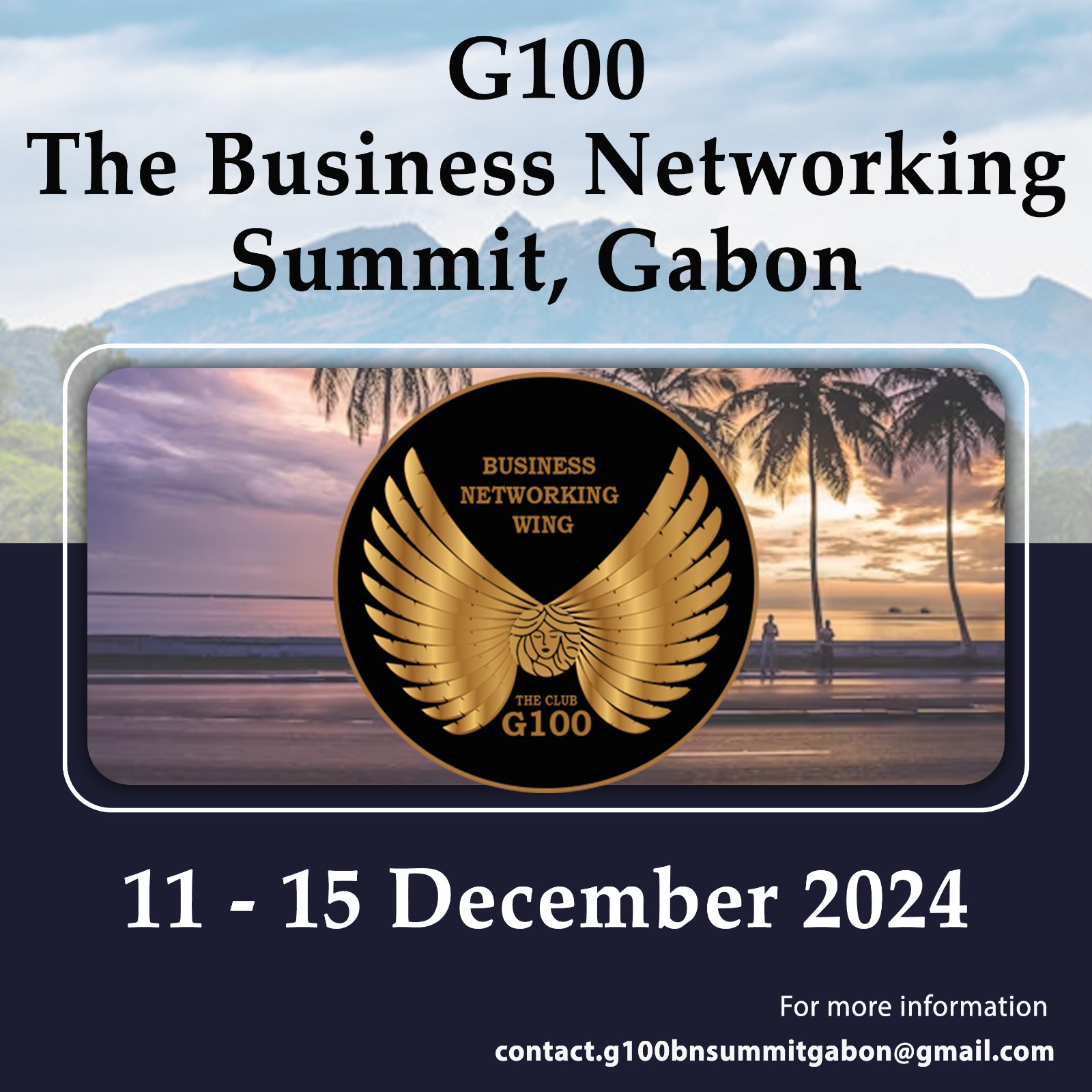Programme Director;
Radesh Maharaj, Chairman Batseta
Delegates attending the 2023 Batseta Winter Conference
All the CEOs and Captains of Industry present here;
Distinguished Guests;
Ladies and Gentlemen,
We are grateful for the opportunity to participate in this prestigious gathering under the auspices of the Batseta Winter Conference.
I would have liked to join you physically but as you may be aware that there are too many conflicting engagements that require our attention.
I however told my office I would not miss the opportunity to continue to engage with you because I consider Batseta a critical stakeholder of government and a critical role player in the economy as I have done so before.
The topic given to me to focus on is “the SA blueprint for inclusive and sustainable socio-economic growth”.
We accepted the invitation to come and engage you because in our understanding government alone will not resolve the challenges in the economy.
We have also joined you because we must continue to engage on the transformation agenda as well as ensuring the continued use of pension funds investment for the growth and development of our economy.
In the discussions over the next few days for the winter conference, I have observed with keen interest the topics and areas of focus, which among others include a discussion on climate change, energy and just transition and on the smart use of investment funds.
These topics demonstrate your commitment to finding lasting solutions in the economy.
Hence, we believe that by working with you we can build an inclusive and sustainable economy that grows and much higher levels than it is now.
As you are aware that over the past 29 years as the ANC-led government, we have adopted policies that have contributed to the transformation of the economy.
The policy interventions have resulted in the transformation of key sectors of the economy and indeed society.
We are however concerned that the economy is not growing at the rate that results in many being absorbed by the economy.
For example According to the StatsSA, is that the economy after contracting by a revised 1, 1% in the fourth quarter of 2022, real gross domestic product (GDP) edged higher in the first quarter of 2023 (January‒March), expanding by an estimated 0, 4%.
The manufacturing and finance industries were the major drivers of growth on the supply side of the economy. The demand side was lifted by exports, with smaller positive contributions for household, government, and investment spending.
In the past, especially before COVID, we have had times when economic growth averaged about 3.8% for more than a decade when we experienced the fastest growth of the black middle class; and when we were able to roll out massive social security programmes to cushion the poor from poverty.
There are certain things that we are doing right and this is albeit the global economic challenges.
We must therefore focus on the things that we are doing right and be more innovative if we are to grow a sustainable and inclusive economy.
The Economic Reconstruction and Recovery Plan, announced by President Ramaphosa in October last year, remains our lodestar towards a new, inclusive economy.
Our goal is to make a permanent and decisive break with an economic trajectory characterized by low and declining growth; the exclusion of women, young people and people with disabilities from the mainstream economy; falling per capita incomes; low investment; as well as high and deeply entrenched levels of inequality, poverty and unemployment.
At the centre of our economic reconstruction and recovery efforts is the mobilization of the public and the private sector around an infrastructure-led recovery.
We are envisioning an aggressive expansion of social and economic infrastructure that meets the needs of the people of South Africa.
This includes new investments in energy, mining, water and sanitation, roads and bridges, human settlements, health and education, digital infrastructure and public transport.
Maintenance of existing infrastructure is also an important part of our infrastructure rollout programme.
Our choice of infrastructure investment as a key driver of reconstruction and recovery is also informed by the reality that, across the government, we already have budgets approved for infrastructure.
Our challenge remains execution. This is where cooperation with the private sector will be critical.
This does not preclude the business sector from identifying priority projects that will have a major contribution to the achievement of our shared goals.
Equally, through the Presidential Employment Stimulus Program, many young people are being absorbed into mass employment opportunities: in education, arts and culture, global business services, early childhood development, as well as small-scale and subsistence farming.
Work is also continuing to strengthen the security of the energy supply. This includes, among other things:
• Turning around Eskom including its unbundling;
• Embedded electricity generation up to 100 megawatts; and
• The implementation of a Just Transition towards a low-carbon economy
These developments pose serious policy questions about the future of the electricity supply industry.
For instance, embedded generation suppliers will be allowed to sell to third parties. This will effectively introduce competition in the sector.
Our immediate task must be to achieve the following objectives:
• Job creation and the reduction in unemployment;
• Public employment programs to complement our job creation efforts;
• Skills development to ensure that when the economy recovers we do not import skills; and
• The provision of income support for the most vulnerable.
As part of our Economic Reconstruction and Recovery Plan, we are implementing a set of structural reforms housed under Operation Vulindlela: a joint programme between the National Treasury and the Presidency.
In addition to the Vulindlela work, we need to look at new areas of ensuring ease and reducing the cost of doing business in South Africa.
The journey of structural reforms must touch every level of the government. For instance, are rezoning regulations conducive to a friendly investment environment?
These reforms are not only about facilitating ease of doing business. They are also about transforming how the state itself does business.
The state must be an enabler. It must enable South Africans to go about their daily lives. The state must continue to build a better for all.
We collect taxes from South African citizens to make their lives better. We also have a duty to allocate them efficiently and spend them effectively.
This task we are prepared and are going to undertake.
In conclusion, we are looking forward to the outcomes of this winter conference and we will incorporate them into our plans as we seek to build a growing and inclusive economy.
Thank you.
The Presidency of the Republic of South Africa
·








